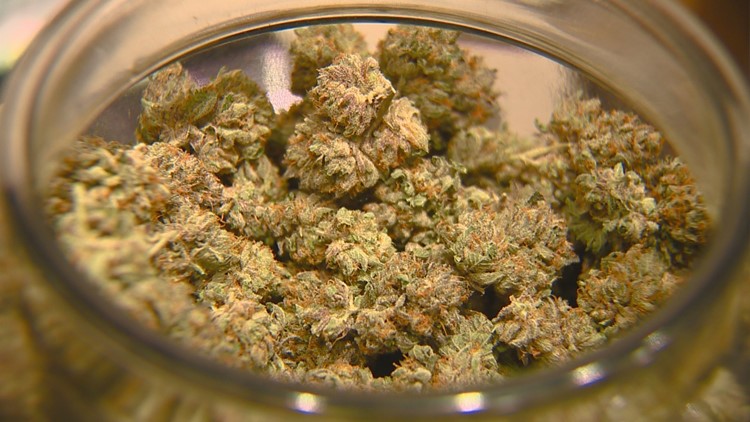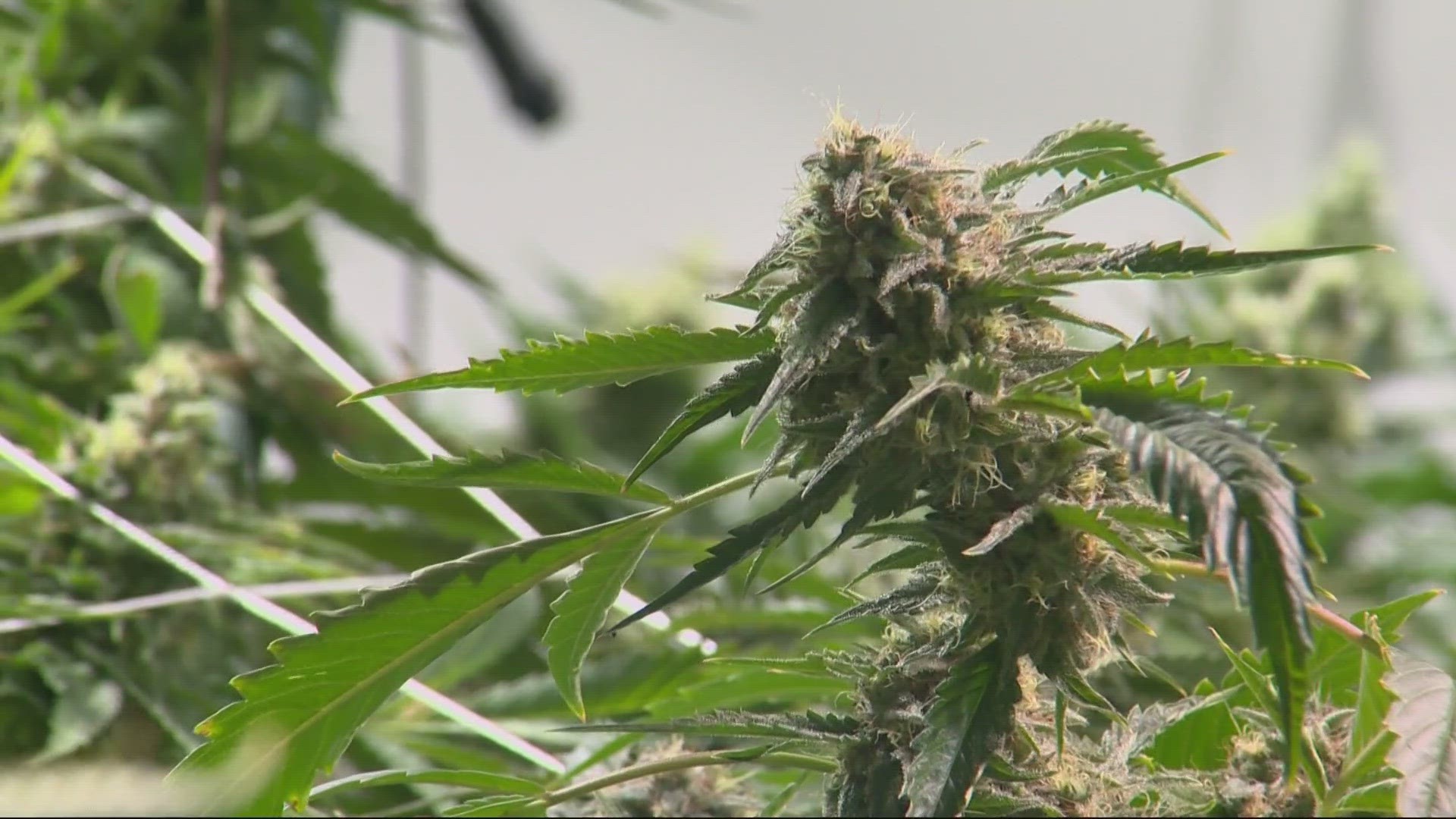Oregon needs an independent state agency to regulate marijuana rather than relying on three disparate agencies, according to draft recommendations prepared by the Oregon Cannabis Commission.
The state needs to "provide a unified and consistent vision on cannabis regulation," the report states. The cannabis commission is part of the Oregon Health Authority.
As it stands, marijuana is regulated by three agencies — the OHA, Oregon Liquor Control Commission and Oregon Department of Agriculture — whose powers and responsibilities extend far beyond pot into public health, alcohol and crop services.
Having pot oversight under one roof makes sense, said Beau Whitney, a senior economist with the Washington, D.C.-based cannabis analytics firm New Frontier Data.
Confusion has arisen in the past around whose jurisdiction enforcement would fall to, be it police or the various agencies, Whitney said. "In that sense, it would make things a little more streamlined in terms of the enforcement side."
The draft report, obtained by the Statesman Journal through a public records request, outlined problems stemming from multiple agencies overseeing marijuana. "Each overseeing agency has its own mission and mandate, and views cannabis from its own lens," the draft states.
"This inconsistent vision and overlap of duties creates the potential for conflict."
Moreover, law enforcement officials and growers have found the multi-agency approach "confusing and difficult to navigate," the draft states.
The lines regarding who's responsible for what have changed over time. In a recent example, certain medical growers were required as of July 1 to use the OLCC's Cannabis Tracking System, which recreational licensees also use.
To help track medical marijuana, the OLCC in August revealed it planned to seek $7 million per biennium in recreational pot tax money from the 2019 Legislature.
On Monday, OLCC spokesman Mark Pettinger said he had heard mention of the new agency recommendation, but said it was "not our issue to comment on."
The cannabis commission was formed by the 2017 Legislature under House Bill 2198. Oregon Health & Science University Dr. Esther Choo, who chairs the cannabis commission, referred questions to OHA.
OHA spokesman Jonathan Modie stressed the recommendation is still a draft. "No decisions have been made," he said.
The cannabis commission next meets Nov. 27 via conference call to discuss recommendations included in the draft report.
"At that time, the commission is expected to discuss, and may vote upon, its recommendation," Modie said. "If approved, it will be included in the report the commission is to provide to the interim committee of the legislative assembly related to health and judiciary."
Jim Moore, a political science professor at Pacific University, said the proposal's political viability is good. He said proposals like this usually come about after an audit reveals problems.
"This seems like it's more spontaneous," Moore said. "I think it will have good political support."
Email jbach@statesmanjournal.com, call (503) 399-6714 or follow on Twitter @jonathanmbach.
Support our journalism: Become a Salem Statesman Journal subscriber today and get unlimited digital access to support stories like this one.



